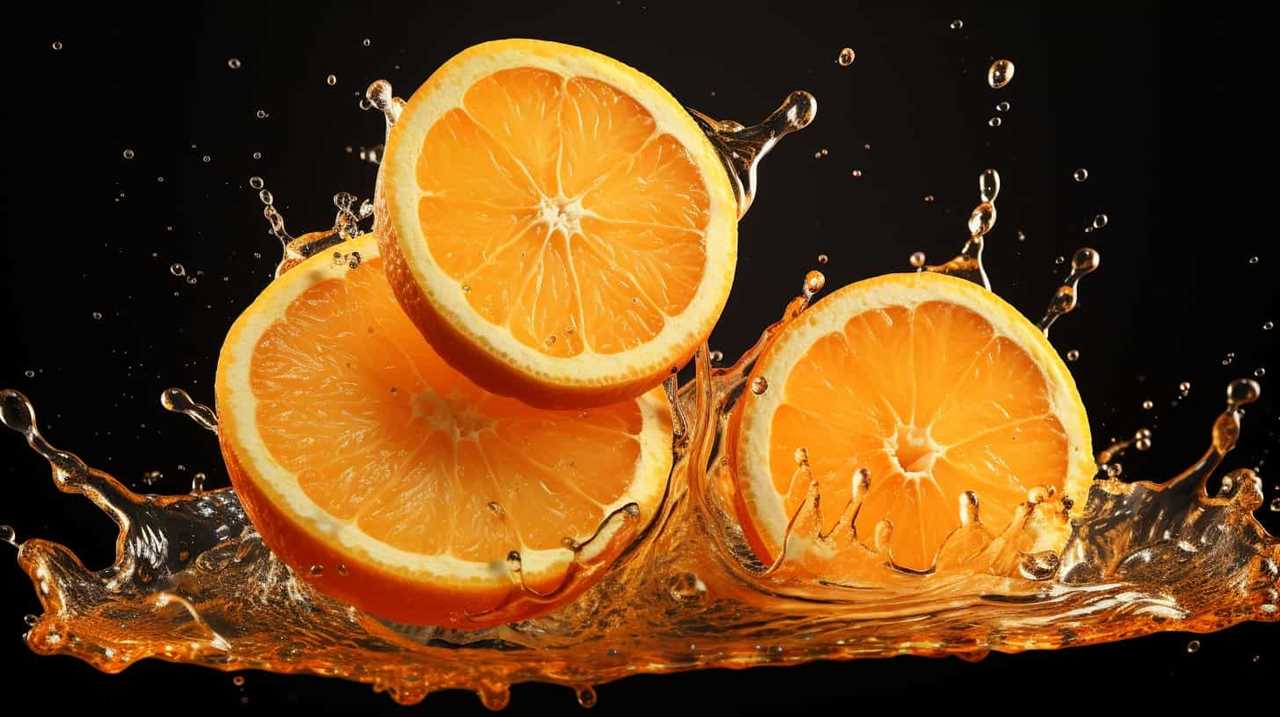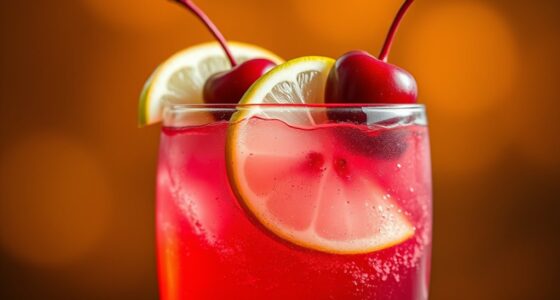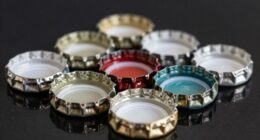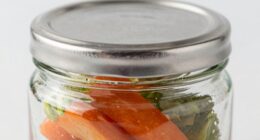
Have you ever wondered about the expiration date of fresh juice? If you have, you’re in for a treat because we have the information you’re looking for!
In this article, we’ll explore the factors that affect the shelf life of fresh juice, how to determine if it’s still good, and recommended storage practices to extend its lifespan.
We’ll also discuss the telltale signs that your juice has gone bad.
So, sit back, relax, and let us serve you some valuable information about the longevity of fresh juice.
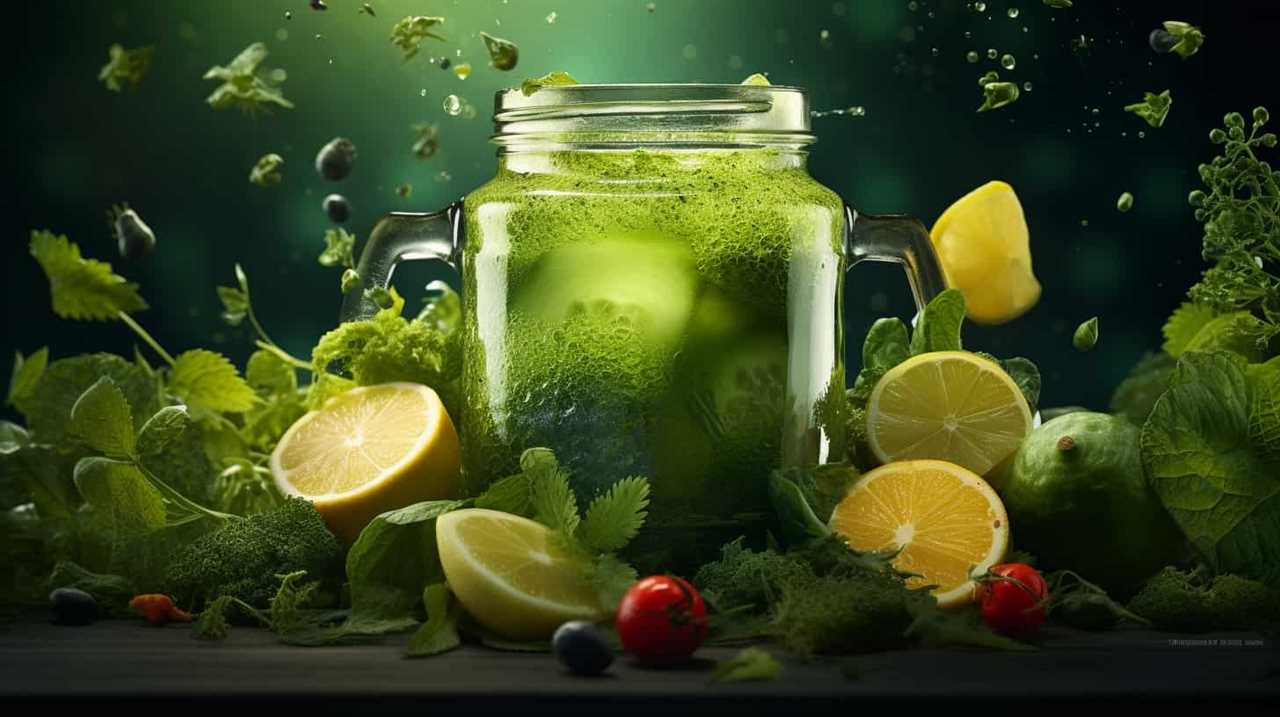
Key Takeaways
- The shelf life of fresh juice can be affected by factors such as the type of juicer used, storage temperature, heat and oxidation during juicing, introduction of oxygen, and the presence of bacteria and enzymes.
- To determine if fresh juice is still good, one can check the color and consistency of the juice, smell for any off odors, taste for freshness, check the expiration date, and use a thermometer to check the temperature.
- Recommended storage practices for fresh juice include using glass or BPA-free plastic containers with tight-fitting lids, storing the juice in the refrigerator at a temperature below 40°F, juicing in small batches to minimize oxidation, and avoiding exposure to air and light.
- To extend the shelf life of fresh juice, it is suggested to transfer juice into airtight containers, keep it chilled between 32°F and 40°F, store it in opaque or dark-colored containers, consume it within 3-4 days for maximum freshness, and properly refrigerate it to make it last up to a week.
Factors Affecting Fresh Juice Shelf Life
We have found that several factors can significantly affect the shelf life of fresh juice.
When it comes to juicing techniques for maximum freshness, it’s important to consider the type of juicer used. Cold-pressed juicers, for example, produce juice with minimal heat and oxidation, resulting in a longer shelf life. On the other hand, centrifugal juicers generate more heat and introduce more oxygen, causing the juice to deteriorate more quickly.
Another crucial factor is temperature. Fresh juice should be stored at a cool temperature, ideally between 34°F and 40°F, to slow down the growth of bacteria and enzymes. Higher temperatures can accelerate spoilage and lead to a shorter shelf life.
Understanding these factors is essential in determining if fresh juice is still good, as we’ll discuss in the subsequent section.

How to Determine if Fresh Juice Is Still Good
To determine if fresh juice is still good, it’s important to observe its color, smell, and taste. Here are four simple steps to help you determine the freshness of your juice:
- Check the color: Fresh juice should have a vibrant and consistent color. If it appears dull or has any discoloration, it may indicate spoilage.
- Smell it: Fresh juice should have a pleasant and fruity aroma. If you notice any off smells, such as a sour or fermented odor, it’s likely spoiled.
- Taste test: Take a small sip and pay attention to the flavor. Fresh juice should taste sweet and refreshing. If it tastes off or bitter, it may have gone bad.
- Check the expiration date: Always check the expiration date on the juice container. Consuming juice past its expiration date can be risky and may lead to foodborne illnesses.
Recommended Storage Practices for Fresh Juice
Three simple storage practices can help you keep your fresh juice fresh for longer. First, choose the right storage containers. Opt for glass or BPA-free plastic containers with tight-fitting lids to prevent air exposure and maintain the quality of your juice. Second, store your juice in the refrigerator at a temperature below 40°F (4°C) to slow down the growth of bacteria and maintain its freshness. Lastly, employ proper juicing techniques to minimize oxidation. Oxidation occurs when the juice comes into contact with air, causing it to lose its nutritional value and taste. To prevent this, juice in small batches and consume it immediately or transfer it to the storage containers and refrigerate promptly. Follow these storage practices to enjoy your fresh juice for longer.
| Storage Containers | Juicing Techniques |
|---|---|
| Glass or BPA-free plastic containers with tight-fitting lids | Juice in small batches |
| Refrigerate below 40°F (4°C) | Consume immediately or refrigerate promptly |
Extending the Shelf Life of Fresh Juice
By implementing proper storage techniques and refrigerating promptly, we can extend the shelf life of fresh juice. Here are four effective ways to extend juice freshness and preserve its quality:
- Use airtight containers: Transfer the juice into airtight containers immediately after juicing to minimize exposure to air and prevent oxidation.
- Store in the refrigerator: Keep the juice chilled at a temperature between 32°F (0°C) and 40°F (4°C) to slow down the growth of bacteria and maintain freshness.
- Avoid light exposure: Store the juice in opaque or dark-colored containers to protect it from light, as light can degrade the nutrients and affect the taste.
- Consume within 3-4 days: While properly stored juice can last up to a week, it’s best to consume it within 3-4 days to ensure maximum freshness and quality.
Signs That Fresh Juice Has Gone Bad
We can easily identify when fresh juice has gone bad by looking out for certain signs. There are several common causes that can lead to the spoilage of fresh juice, such as exposure to air, improper storage temperatures, and contamination from bacteria or mold.
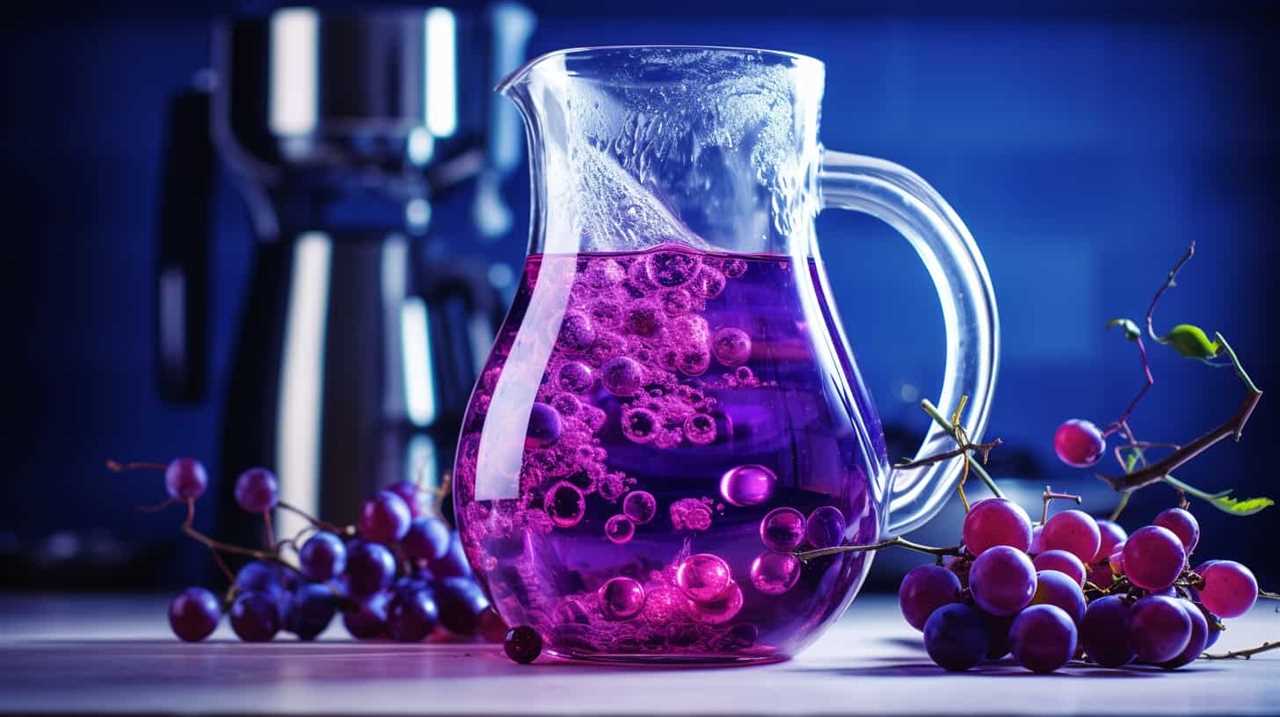
When juice goes bad, it can pose health risks to those who consume it. One of the most obvious signs that fresh juice has gone bad is a change in color. If the juice becomes darker or develops a cloudy appearance, it’s likely spoiled.
In addition, a sour or off smell is another indicator of spoilage. Lastly, if the juice tastes off or has a strange texture, it’s best to discard it to avoid any potential health issues.
Frequently Asked Questions
Can I Freeze Fresh Juice to Extend Its Shelf Life?
Yes, we can freeze fresh juice to extend its shelf life. Freezing juice offers numerous benefits, such as preserving nutrients and flavors. If freezing isn’t an option, there are alternative ways to extend the shelf life, such as pasteurization or using preservatives.
Is It Safe to Consume Fresh Juice After Its Expiration Date?
It is not safe to consume fresh juice after its expiration date due to potential health risks. To maintain freshness and quality, it is best to store fresh juice properly according to recommended guidelines.
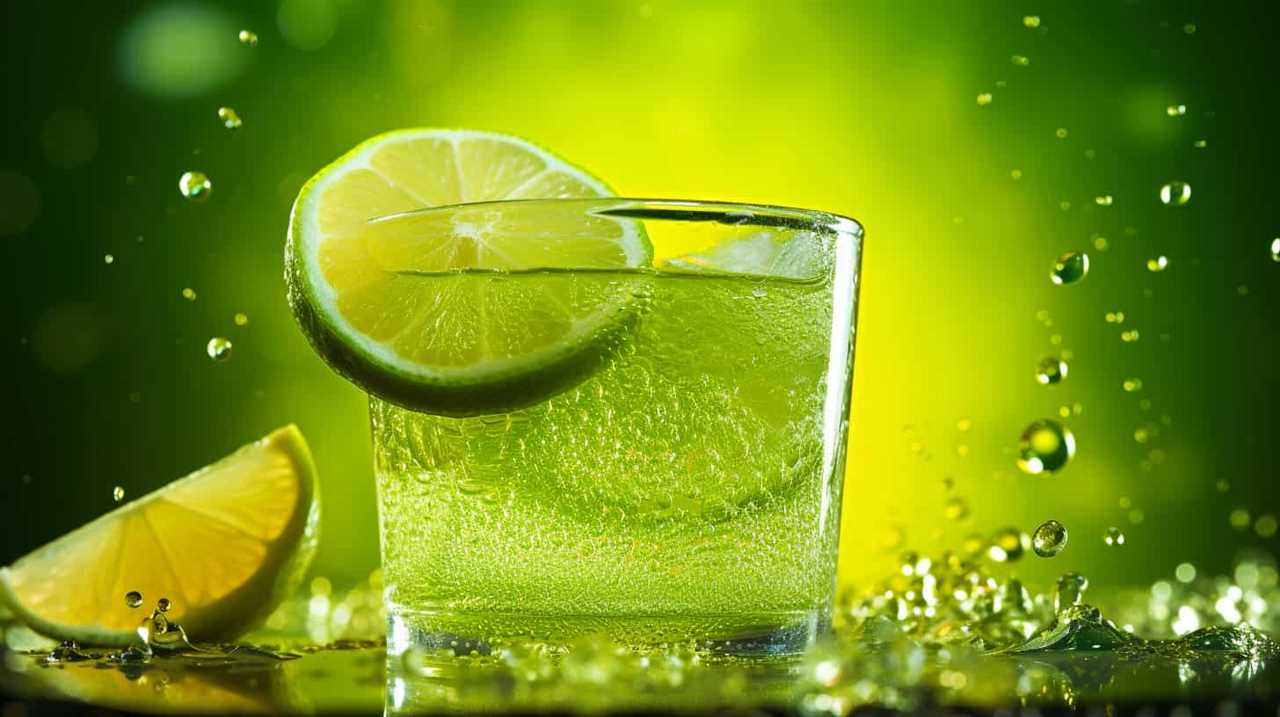
Can I Mix Different Types of Fresh Juice Together and Store Them?
Yes, you can mix different types of fresh juice together and store them. Doing so allows for the combination of various nutrients and flavors, providing a wider range of health benefits and a more enjoyable taste experience.
How Long Can Fresh Juice Be Stored in the Fridge Without Losing Its Nutritional Value?
Fresh juice can be stored in the fridge without losing its taste for up to 3-5 days. To preserve its color, store it in an airtight container, away from light and heat. For optimal freshness, it’s best to fill the container as much as possible to reduce exposure to air, which can cause oxidation and diminish its flavor. Additionally, the specific type of juice may affect its shelf-life; for example, citrus juices often last longer due to their acidity. If you’re wondering how long lemon juice lasts, it can typically stay fresh in the fridge for about 1-2 weeks when properly stored.
Can I Store Fresh Juice in a Plastic Bottle Instead of a Glass Container?
Storing fresh juice in a plastic bottle vs a glass container has its pros and cons. Plastic is lightweight and less likely to break, but it can affect the taste and quality of the juice over time due to potential chemical leaching.
Conclusion
In conclusion, the shelf life of fresh juice depends on various factors such as storage conditions, type of juice, and pasteurization.
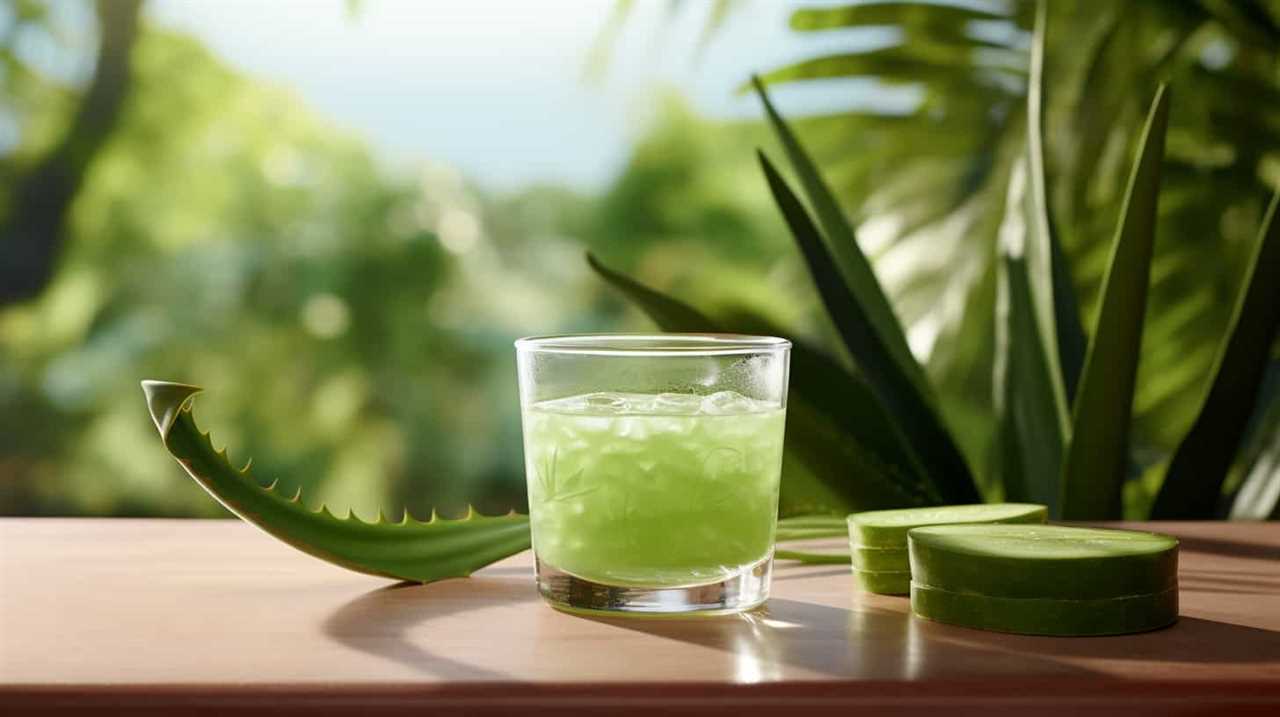
By following recommended storage practices and extending the shelf life with proper techniques, you can enjoy fresh juice for a longer duration.
However, be aware of the signs that indicate when fresh juice has gone bad.
Remember, proper care and attention can help you savor the goodness of fresh juice for an extended period.
Susannah expertise lies in researching and compiling evidence-based content on juicing, nutrition, and overall health. She is committed to ensuring that The Juicery World offers accurate, up-to-date, and trustworthy information to empower readers to take control of their health. Susannah’s goal is to inspire individuals to embrace juicing as a way to nourish their bodies and live their best lives.

